Any cat owner will tell you that their feline can spend endless hours perched at a window, transfixed by birds flitting by. Yet, some cats seem indifferent to this avian spectacle. What makes these kitties so different? Understanding why some felines love birdwatching, while others seem less interested, provides fascinating insights into cat behavior and their instinctual nature.
The Ancestral Instinct
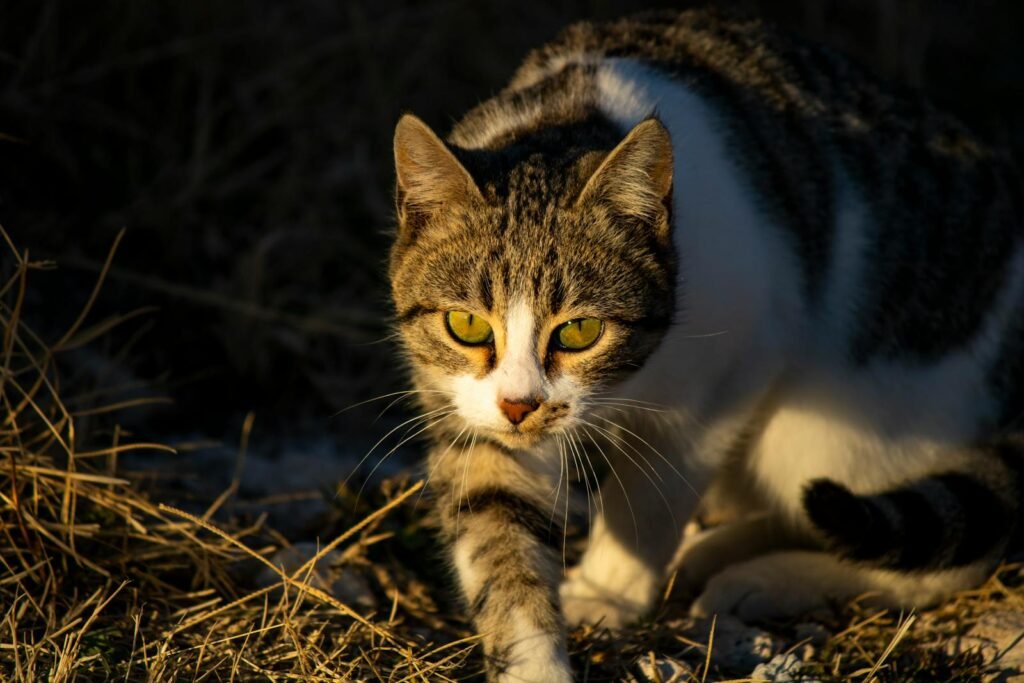
Cats are natural-born hunters, a fact not lost even in our domesticated companions. This innate primal instinct is a strong driver of their behavior. Birdwatching mimics hunting activities, triggering a cat’s predatory instincts. Cats that are more attuned to these ancestral behaviors naturally find birdwatching engaging. Meanwhile, those with less pronounced hunting instincts may not feel the same pull.
Personality Differences
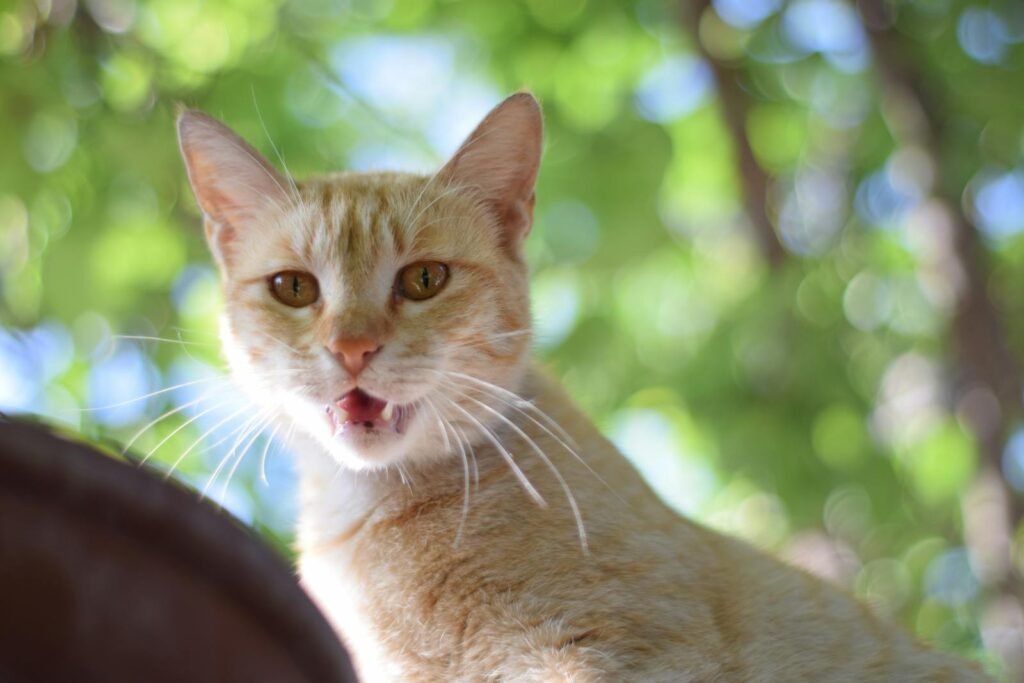
Just as humans have varied personalities that influence their interests, cats exhibit individual traits. Some cats are inherently more curious and playful, traits which make them more likely to get fascinated by birds. Others may have calmer temperaments or prefer a different kind of stimulation that doesn’t involve the high-energy watchfulness needed for a birdwatching session.
The Role of Environment
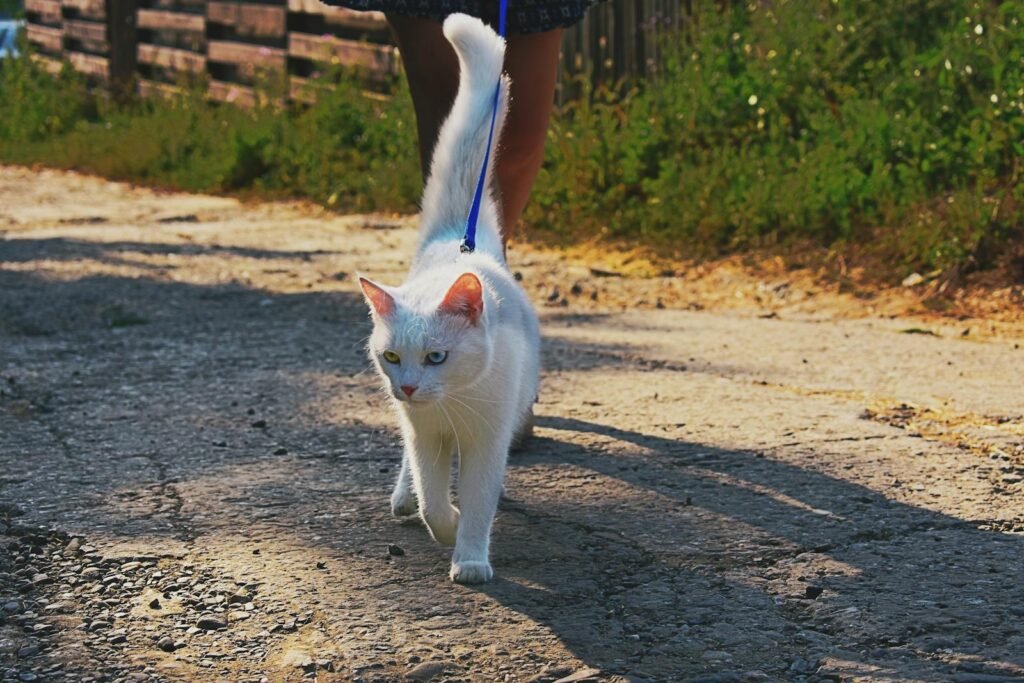
The environment in which a cat grows can impact its interest or indifference toward birds. Cats raised in environments where they frequently encounter birds often show more interest. Conversely, a cat living in an urban apartment without much exposure to birds might lack the same fascination. The exposure to nature and the opportunity to indulge in birdwatching can stir or suppress this particular interest.
Behavioral Conditioning
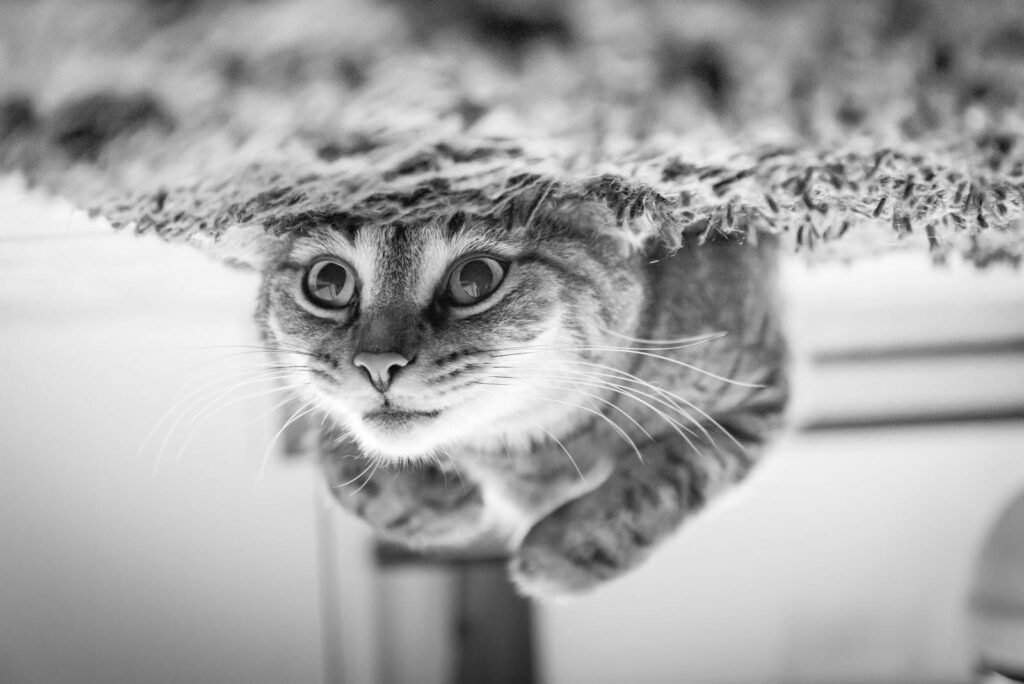
If birdwatching was encouraged through playful interaction during a cat’s development, it might develop a fondness for the activity. Cats reinforced with toys or attention when showing interest in birds may continue this behavior. Those whose curiosity was never directed towards birdwatching may lack the behavioral conditioning to pursue it later on.
Breed-Specific Traits
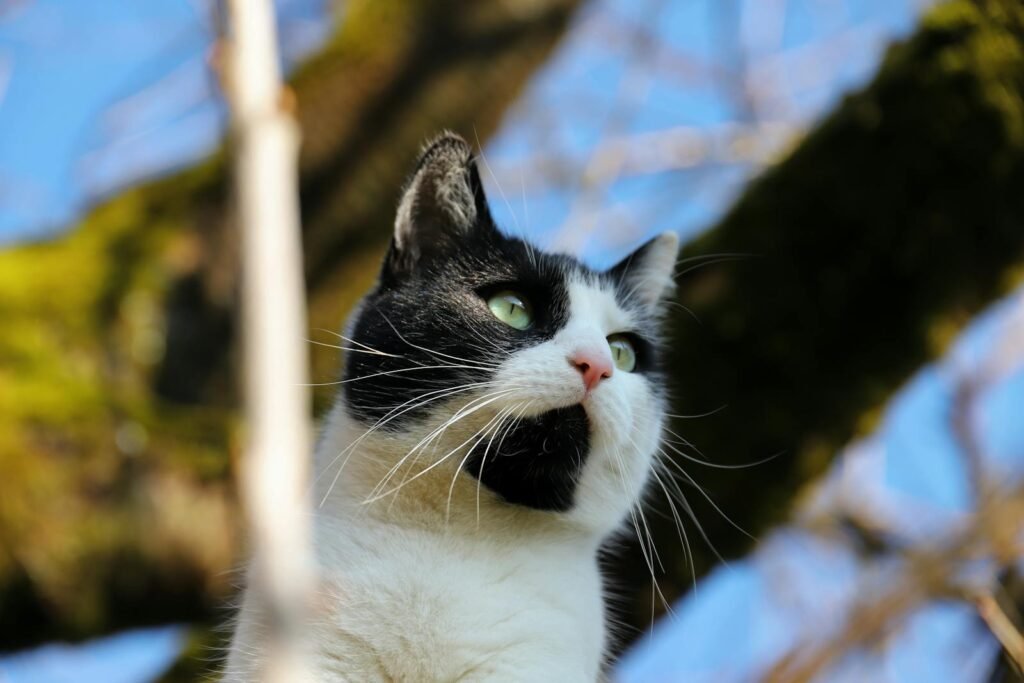
While all cats can be crouching birdwatchers, some breeds tend to show more pronounced hunting instincts. Breeds such as the Bengal or the Abyssinian, with their high-energy disposition, might be more inclined to chase and watch birds compared to more languid breeds like the Persian or Ragdoll. By nature, these energetic breeds are more likely to get fascinated by external stimuli, including birds.
The Sensory Experience
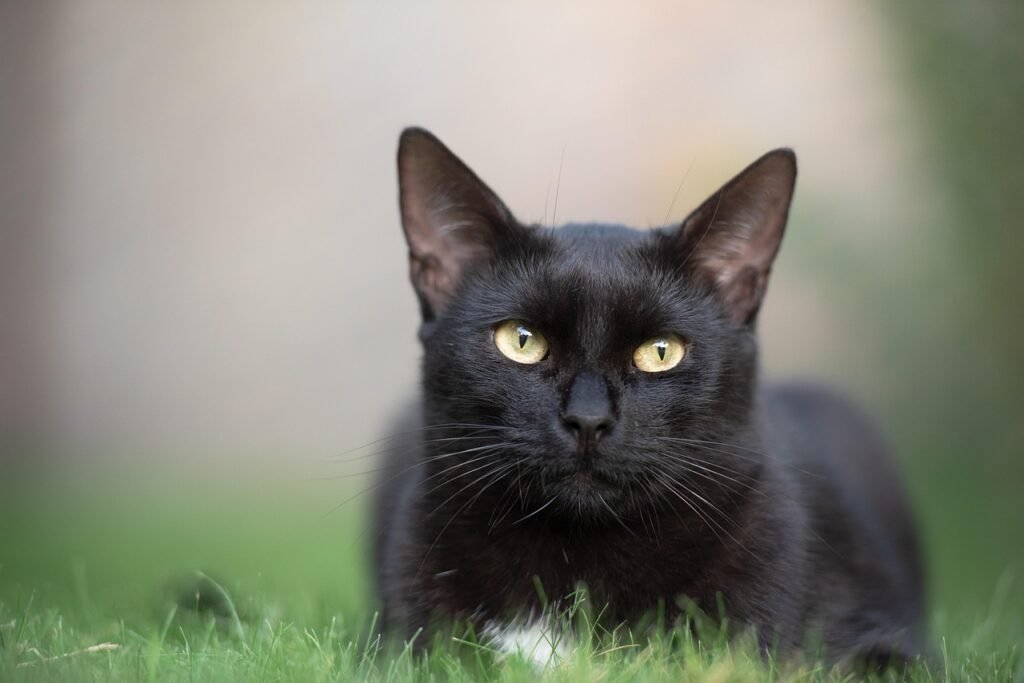
Cats have a heightened sensory perception, including acute hearing and vision. For some cats, the small movements and sounds of birds are more than enough to captivate their attention for hours. For others, especially those with sensory impairments or over-stimulated environments, birds may not register as crucial elements warranting focused attention.
Stress and Anxiety Factors
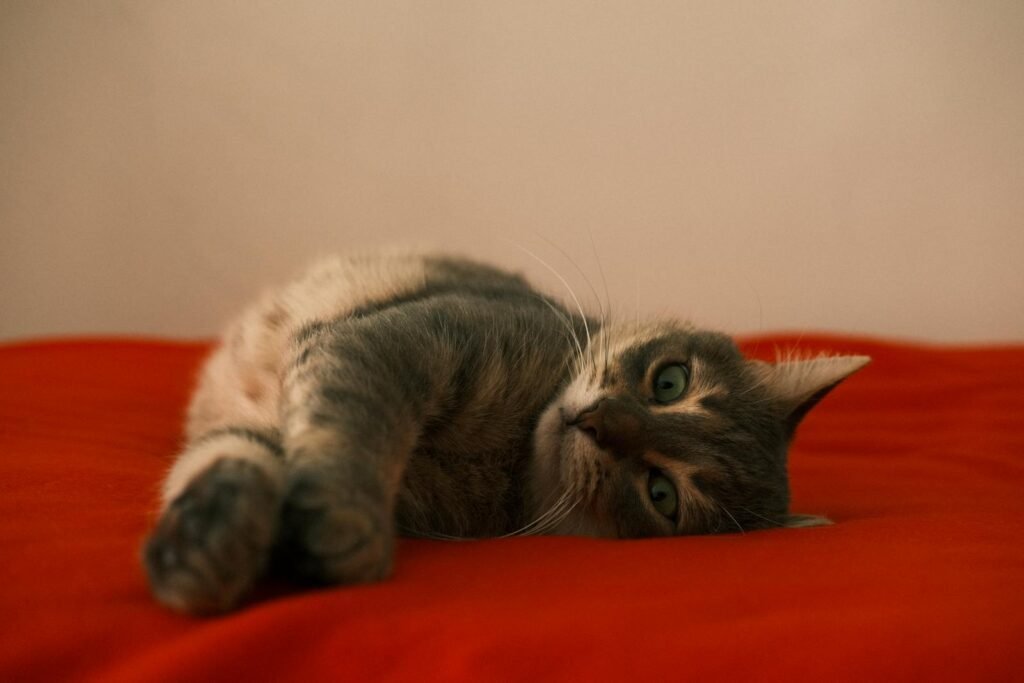
A cat’s emotional state, including stress or anxiety levels, can heavily influence its interest or disengagement in activities like birdwatching. Cats feeling stressed or anxious might not have the mental bandwidth to indulge in birdwatching and might appear distracted or disinterested. Meanwhile, content and relaxed cats might have the emotional space to focus on birdwatching as a pleasurable activity.
Health Concerns
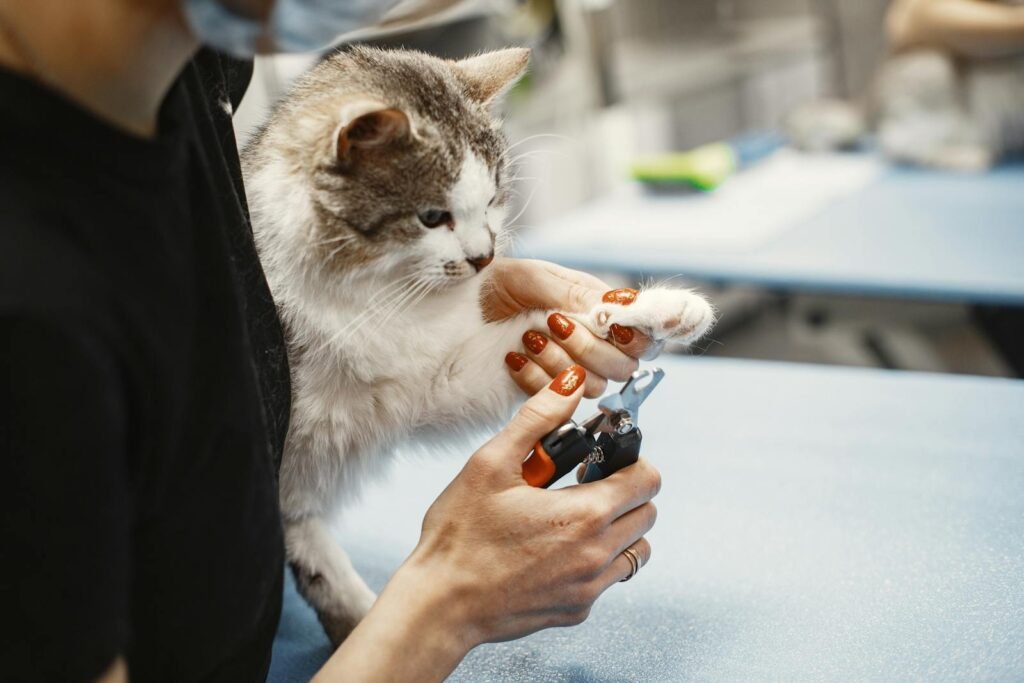
Physical health is a significant determinant of any animal’s behavior and interests. Cats with vision problems or joint pain might find it challenging or uncomfortable to engage in birdwatching. Taking note of a cat’s physical condition can help gauge its ability or willingness to devote time to activities like birdwatching.
Availability of Alternatives
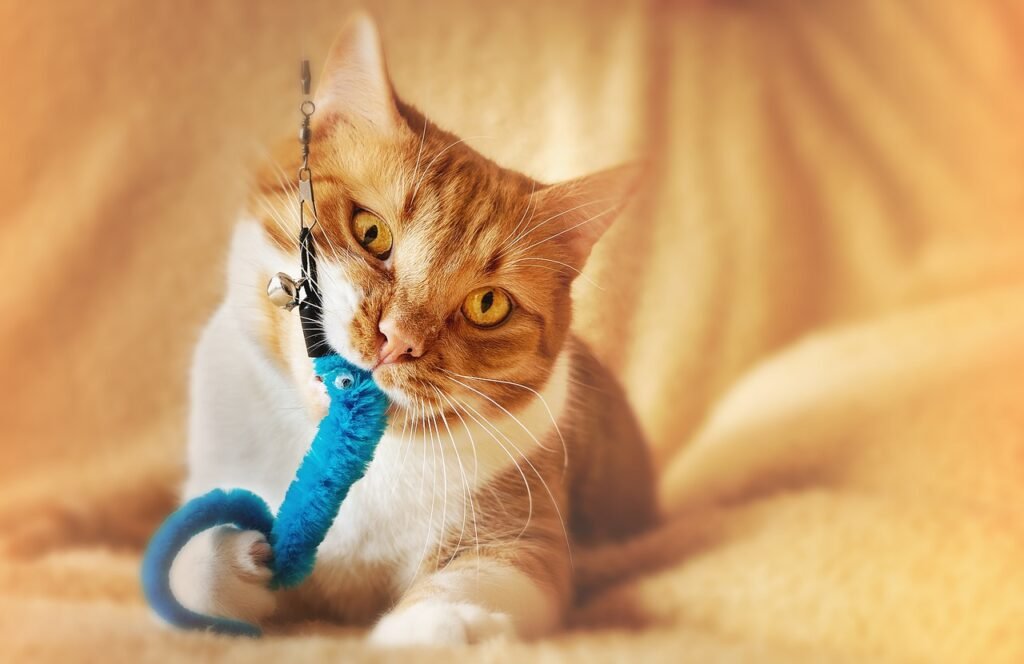
If a cat has numerous other enjoyable activities available, it might not show particular interest in birds. Toys, human interaction, or other environmental enrichments can offer alternative sources of entertainment. For some cats, these alternatives might eclipse the allure of chasing imaginary birds against the glass of a window.
Owner Interaction
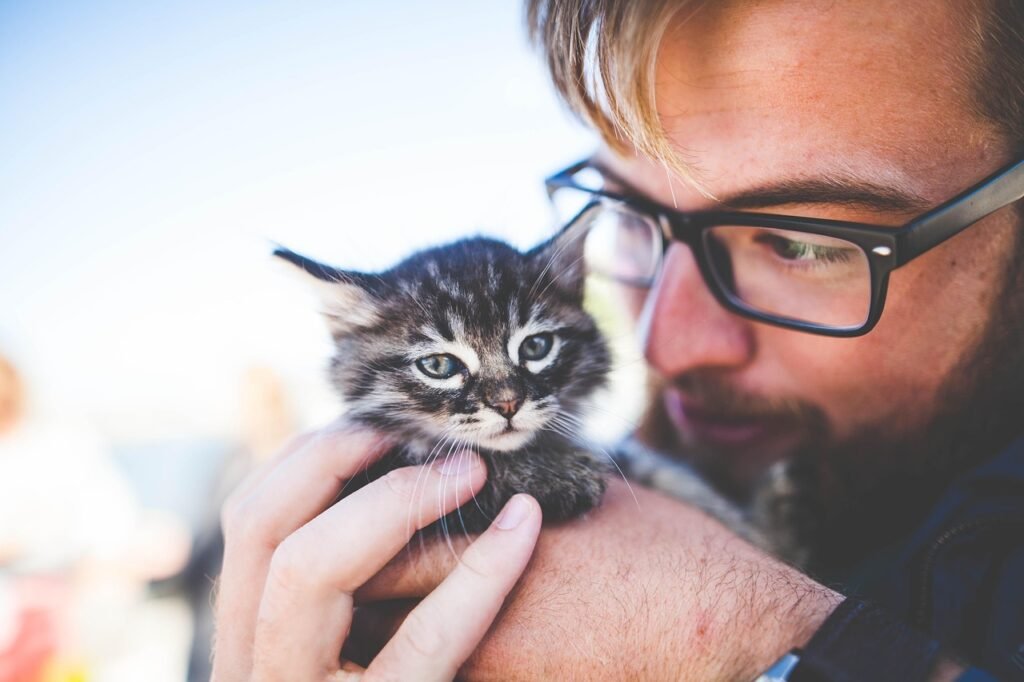
The relationship a cat maintains with its owner can influence its behavioral tendencies. If owners encourage and engage their cats during birdwatching sessions, the cats might develop more of a liking for the activity. Conversely, an indifferent response from the owner might affect the cat’s perception of birdwatching as an enjoyable pastime.
A Case of Motivation
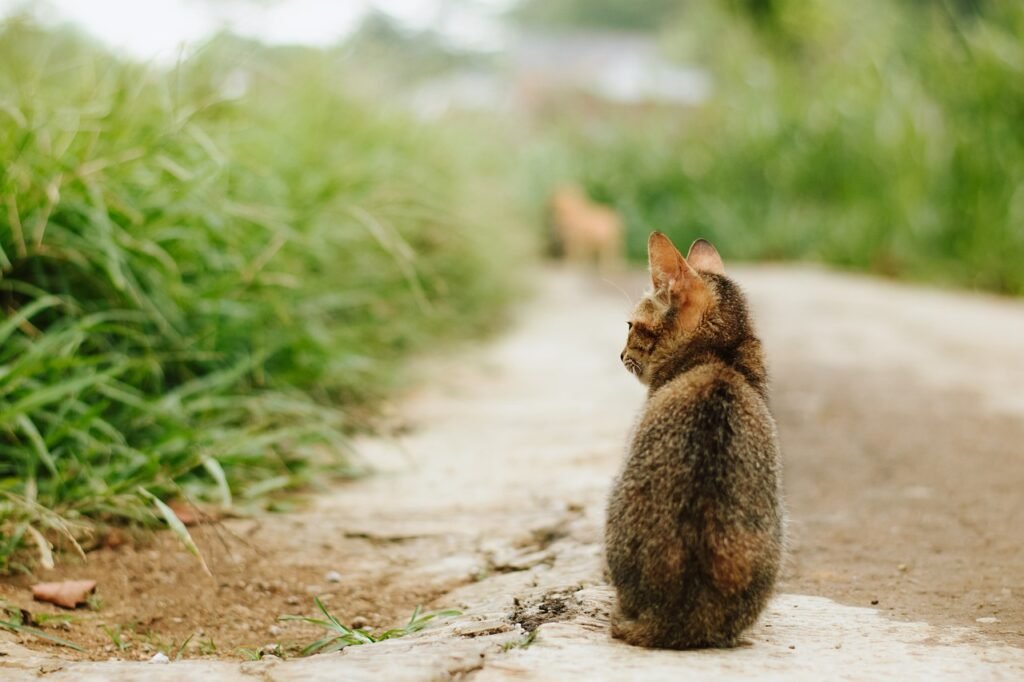
Ultimately, motivation plays a crucial role. Some cats might be motivated by the physical and mental stimulation offered by birdwatching, while others might seek different forms of engagement. Variability in motivation levels among cats signifies the array of personal preferences each feline has.
Conclusion
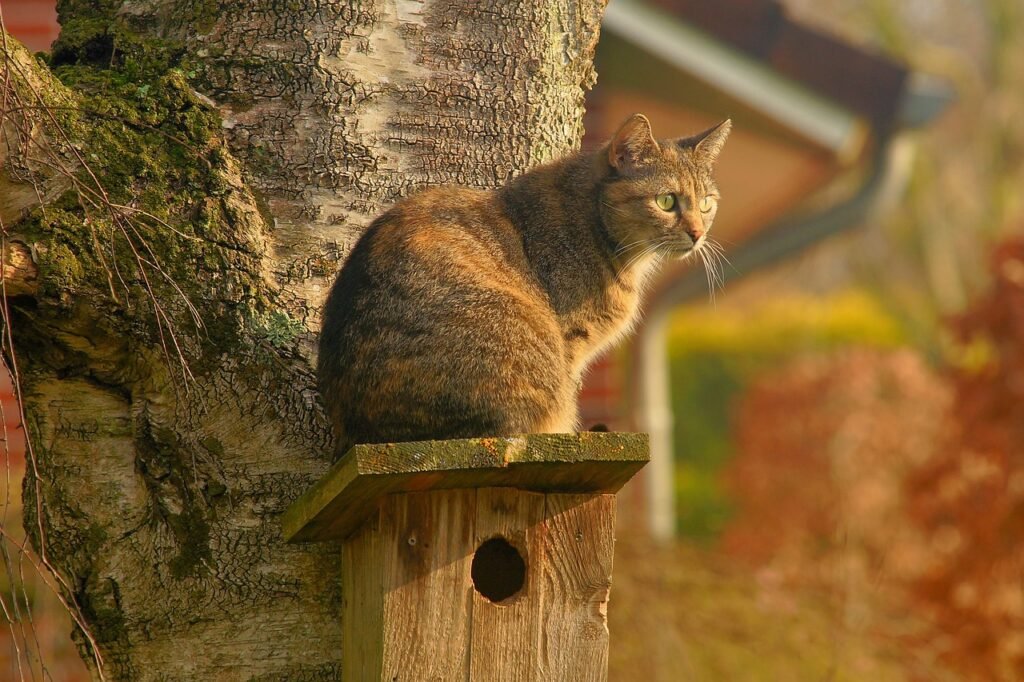
Why some cats are fascinated by birds and others aren’t boils down to a combination of genetic, environmental, and personal factors. It’s a beautiful testament to the complexity of our feline friends, reflecting a blend of instinct, experience, and individuality. Understanding your cat’s particular interests can be rewarding, allowing you to cater to their stimulation needs flexibly and insightfully. For bird-loving cats, offering a safe outlet for this fascination can enrich their lives—and perhaps entertain you in the process.

Linnea is a born and bred Swede but spends as much time as possible in Cape Town, South Africa. This is mainly due to Cape Town’s extraordinary scenery, wildlife, and atmosphere (in other words, because Cape Town is heaven on earth.) That being said, Sweden’s majestic forests forever hold a special place in her heart. Linnea spends as much time as she can close to the ocean collecting sea shells or in the park admiring puppies.





